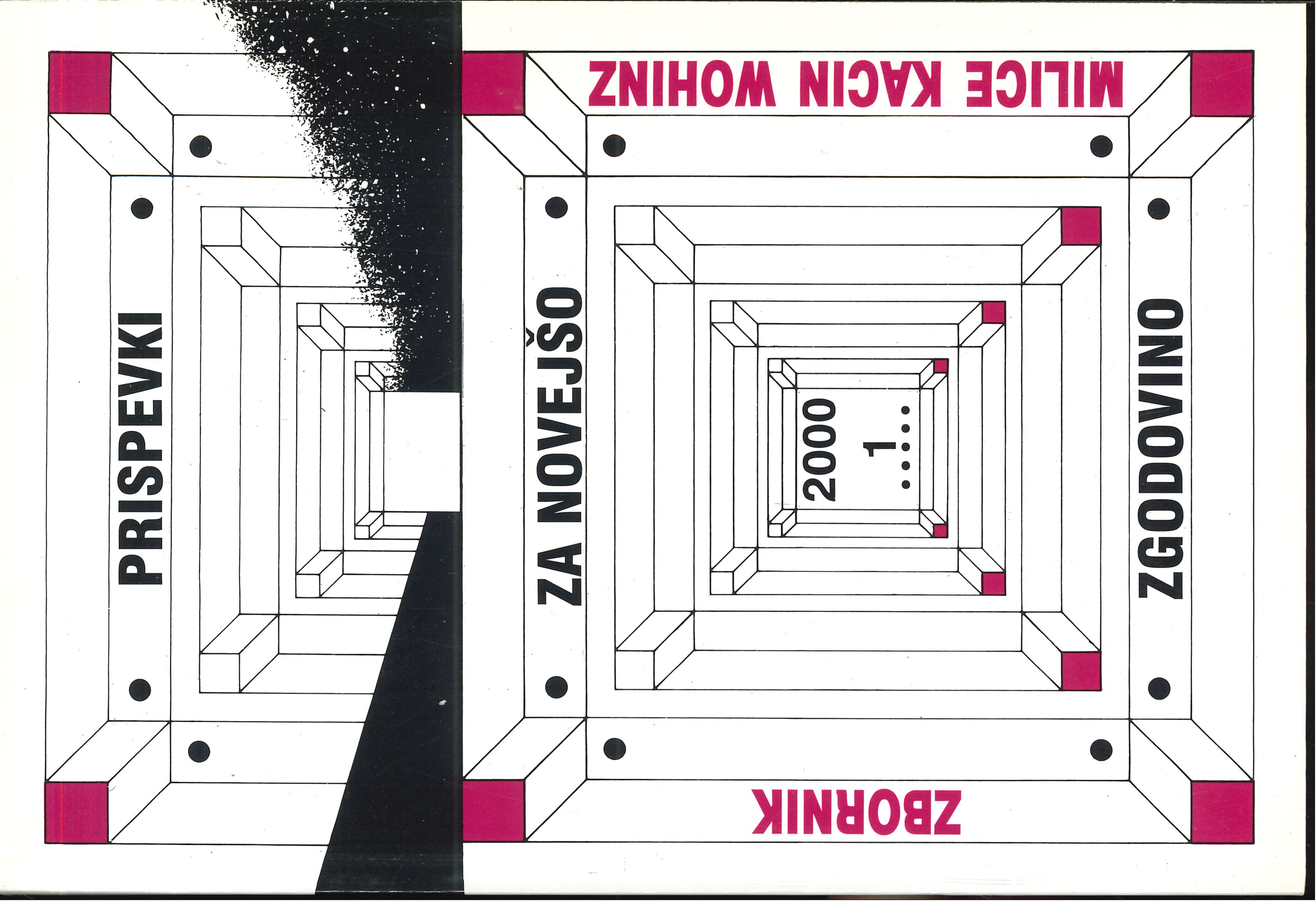Josip Wilfan and Engelbert Besednjak in the Congress of European Nationalities between 1925 and 1938
Keywords:
Congress of European Nationalities, League of Nations, European minorities, the Julian March, Engelbert Besednjak, Josip Wilfan, Generalization of the Law on MinoritiesAbstract
The author presents the activity of the Congress of European Nationalities between 1925 and 1938. In the period between the two world wars, the Congress was the main international body dealing with issues concerning national minorities. The Congress' Main Office was in Vienna while its sessions were normally held in Geneva. The Congress dealt with issues concerning the protection of European national minorities, the establishment of joint cultural areas as well as striving to secure the adoption of general European legislation protecting minorities. Two Slovenes, Josip Wilfan and Engelbert Besednjak played a key role in the Congress. The existing documentation shows that the Congress dealt with issues that are still topical today. The ideas expressed by its participants were of exceptional ideological and intellectual height and can undoubtedly be compared with the current thought and processes regarding minority issues. The Congress of European Nationalities was able achieve this in spite of the fact that, at the time, the politics and societies in most European countries were becoming increasingly authoritarian and totalitarian.
Downloads
Published
Issue
Section
License
Authors who publish with this journal agree to the following terms:
- Authors retain copyright and grant the journal right of first publication with the work simultaneously licensed under a Creative Commons Attribution License that allows others to share the work with an acknowledgement of the work's authorship and initial publication in this journal.
- Authors are able to enter into separate, additional contractual arrangements for the non-exclusive distribution of the journal's published version of the work (e.g., post it to an institutional repository or publish it in a book), with an acknowledgement of its initial publication in this journal.
- Authors are permitted and encouraged to post their work online (e.g., in institutional repositories or on their website) prior to and during the submission process, as it can lead to productive exchanges, as well as earlier and greater citation of published work (See The Effect of Open Access).


